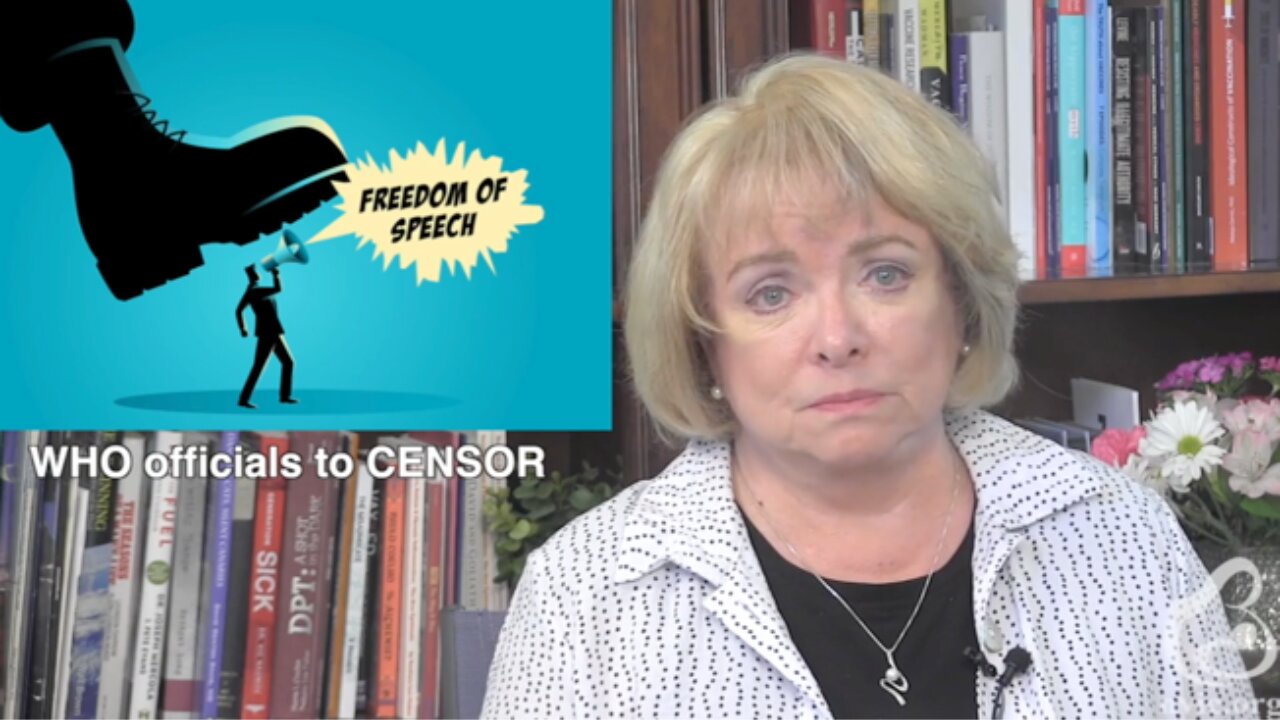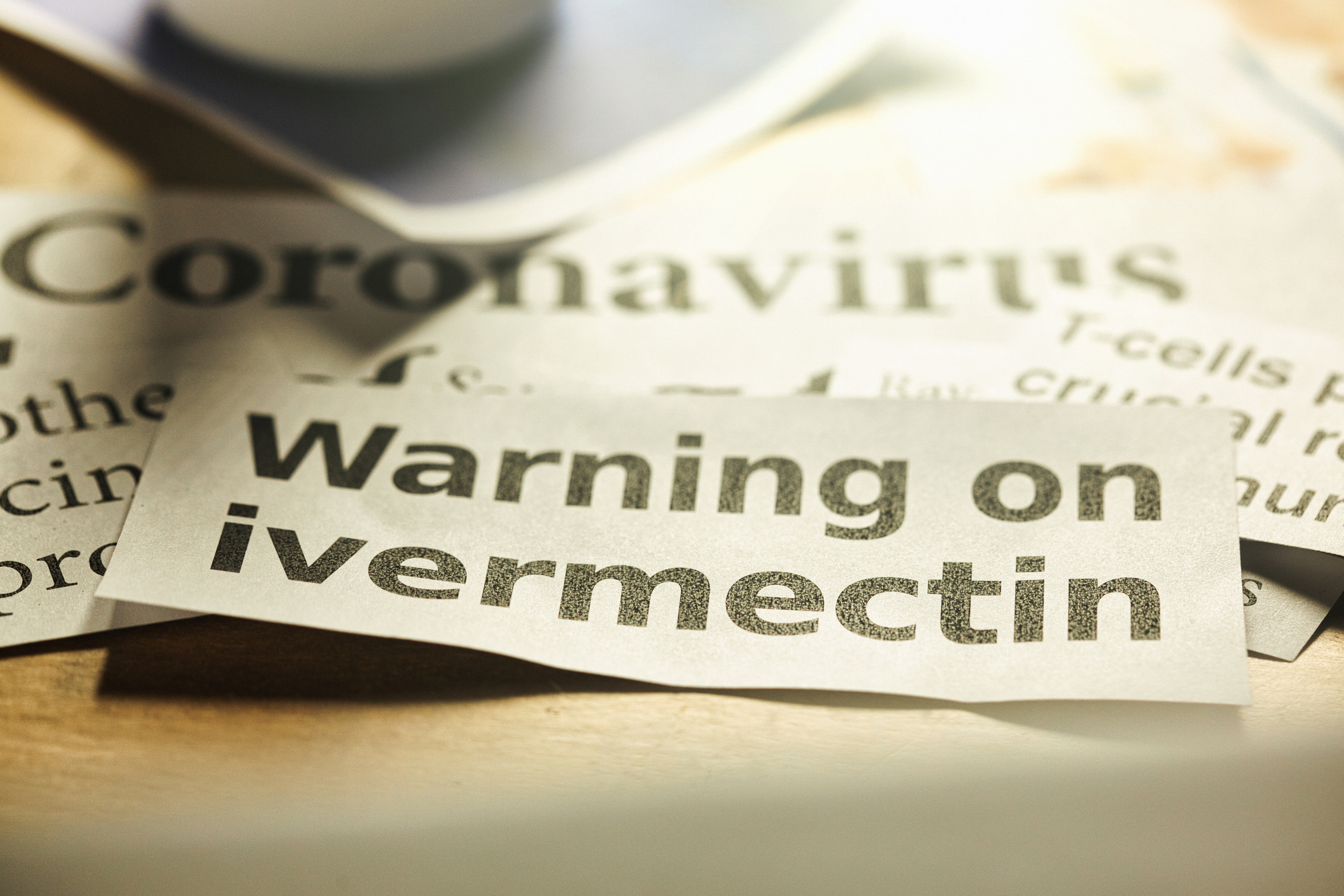
The following is the second half of a two-part article. Click here to read the first half of the article.
So how do such vaccines enter the Indian market to begin with? According to pediatricians, this happens through a well-oiled system of quid pro quo between vaccine companies and organisations responsible for recommending vaccines. “Most doctors depend on the recommendations given by organizations such as the IAP,” says Dr. Vashishtha. And many IAP members, who chair discussions on what vaccine to recommend, have associations with companies who appease them through gifts and several other soft bribes, he adds.
Several doctors told Outlook on the condition of anonymity that once a certain vaccine is cleared by the Drug Controller General of India (DCGI) for use in the country, representatives from different multinational vaccine companies visit doctors to push their products. This is done by offering not only extremely lucrative mark-ups on vaccines but also other incentives, like covering travel expenses to exotic locations for medical conferences and free samples of vaccines the company would like to promote. The IAP itself is almost completely funded by private players, a look at their website confirms. The organization receives hefty donations to the tune of crores from several companies, both Indian and foreign. Online records show that, in 2016, IAP earned Rs 5.5 crore and yet did not show any profits in its financial documents.
A 2012 paper published in the Indian Journal of Medical ethics—titled ‘Financial incentives and the prescription of newer vaccines by doctors in India’, by Dr. Rakesh Lodha and Anurag Bhargava—also records the mark-ups in newer vaccines. The common Haemophilus influenzae type b (Hib) conjugates vaccine, for instance, has an MRP of Rs 426 and is supplied to doctors at Rs 251, a discount of 69 percent per dose for the doctor. The information for the paper was obtained through communication sent to a doctor by distributors. “The significant financial incentive being offered to doctors on dispensing newer and combination vaccines alters the nature of the relationship between doctor and patient and opens a wide area of conflict of interest: the doctor benefits significantly by prescribing a particular vaccine whereas the benefit to the recipient may be marginal,” concludes the paper.
When Outlook got in touch with Dr. Bhargava, a professor at the Yenepoya Medical College in Mangalore, he said such mark-ups are commonplace within the industry. He attributes it to the shutting down of public sector vaccine manufacturers in 2008. “The shutting down of PSUs manufacturing vaccines has allowed private companies to take advantage of a market without regulation or a cap on prices, which enables them to further push vaccines through high mark-ups,” he says.
The cold chain used in transport poses another issue. Most vaccines need to be stored under controlled temperatures of 2-8 degrees Celsius; exposure to temperatures above that can spoil it. In the private sector, the cold chain is maintained by MNC suppliers themselves and the quality standards can be dubious. Walk into Bhagirath Palace in Chandni Chowk, home to one of the biggest drugs wholesale markets in Delhi, and you see vaccines being transported from trucks to individual shops without adequate refrigeration, breaking the cold chain. Dr. Davinder Gill of Hilleman Laboratories, a vaccine developer, says no real data is available on how much may have perished. “Wastage statistics are hard to get in the private sector. No manufacturer makes such records public,” he says.
One way of telling whether a vaccine is spoilt or not is the labels, which change color if the vaccine inside is spoilt, says Dr. Gill. The system may have utility, especially in the cities, but smaller towns still face the threat of spoilt vaccines being administered. Outlook sent a detailed questionnaire to several companies in this regard but got no response. We also got in touch with a distributor who, while requesting anonymity, admits faulty vaccines could still be distributed in smaller towns and villages via non-licensed stockists unaware of proper cold storage methods. “In cities, if a vaccine gets spoilt, it’s usually returned to the company but in smaller towns and villages, such vaccines slip through the systems and may be administered to patients.”
The IAP and individual practitioners have been trying to grapple with the issues at some level. Several doctors who attended the IAP’s annual medical conference in Bangalore last year tell of how company representatives present there distributed gold coins to doctors who bought a certain amount of a new vaccine. To combat this problem of co-dependence creating undue advantage, the IAP has put in place regulations for declaration of conflict of interest. “Each meeting for recommendation of vaccines under the IAP is first reviewed by a committee and then voted upon,” says Dr. Parekh.
Several high-level members attend such meetings, bringing in conflict of interest. Vashishtha says he has witnessed this network first hand—while preparing the schedule for the 2016 recommendations, two doctors, Dr. Anupam Sachdeva and Dr. Ajay Gambhir, did not submit their conflict of interest forms and the effect was visible. Recommendations to include a vaccine of a particular company, voted on unanimously, were taken back by the then IAP president under the influence of Dr. Sachdeva, the current IAP president, Vashishtha alleges.
“A vaccine from the company Biomed was put in the schedule after deliberations. Yet, under Dr. Sachdeva’s influence, the recommendations carrying this vaccine were withdrawn. To make matters worse, Dr. Sachdeva also did not submit his conflict of interest form,” says Dr. Vashishtha, adding that Sachdeva wished to promote a similar vaccine manufactured by the company Bharat Biotech instead. An Indian company, Bharat Biotech, did not respond to Outlook’s queries despite several attempts. Bharat Biotech was also the principal sponsor of the pediatricians’ conference at Bangalore and has paid over Rs 1.5 crore to the IAP. The same company allegedly distributed gold coins as freebies to doctors in the conference.
When Outlook got in touch with Dr. Gambhir and Dr. Sachdeva, they rubbished the allegations against them, stating the required declaration of conflict of interest had been duly submitted and yet they were being targeted by Dr. Vashishtha. Dr. Gambhir in turn alleged the IAP has several members who do take grants and bribes from foreign organizations. “The influence of the foreign lobby is immense in the IAP. Several doctors take grants and bribes from such companies, including all-expenses-paid foreign trips. This corruption has been industrialized as many of these companies use IAP as a front to recommend such vaccines to the public for consumption,” he says. Dr. Sachdeva too says the IAP takes several grants as well as funds from vaccine companies for the running of the organization—a clear signal of a conflict of interest.
The lack of guidelines and credible regulation, either at the organization’s level or from the government, is clearly the core issue. The [vaccination] subcommittee of the IAP has issued guidelines for the use of some vaccines—these may not be required by all children and have been placed in the category of “vaccines to be administered after one-to-one discussion with the parents”, as there are insufficient epidemiological grounds for their routine administration. Yet, the guidelines remain vague and open to interpretation and, given the significant financial inducements, one can fairly predict the eventual picture.
The government too has no well-evolved guidelines for vaccines or code of conduct for those administering them. According to existing guidelines, a new vaccine can enter the country simply through a study on 60 people presented to the DGCI, provided it’s licensed in any other country. There is no need for firms to establish disease burden or even efficacy of the vaccine. The health ministry simply offers no set regulations for the administration of vaccines or for controlling unneeded vaccines in the private sector. The strange thing is, no such move towards an ombudsman-like role seems to be on the anvil either. This has left open a huge lacuna in a vital area of health delivery. On one side, the prices follow a kind of laissez faire. And on the other, a huge country like India remains vague and open-ended even about the list of vaccines actually required.
Note: This article was reprinted with the author’s permission. It was originally published by Outlook India. The article was slightly modified to reflect stylistic English language differences.













